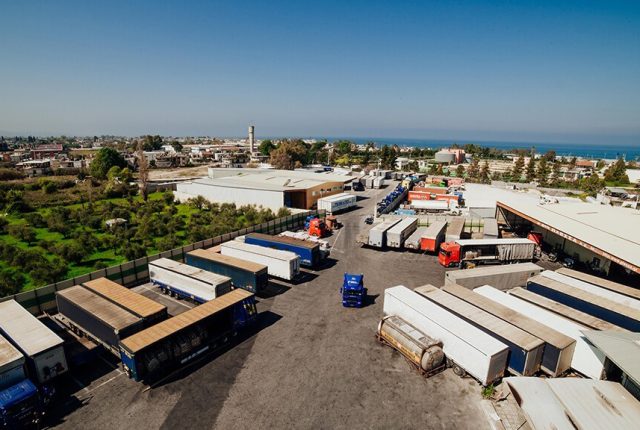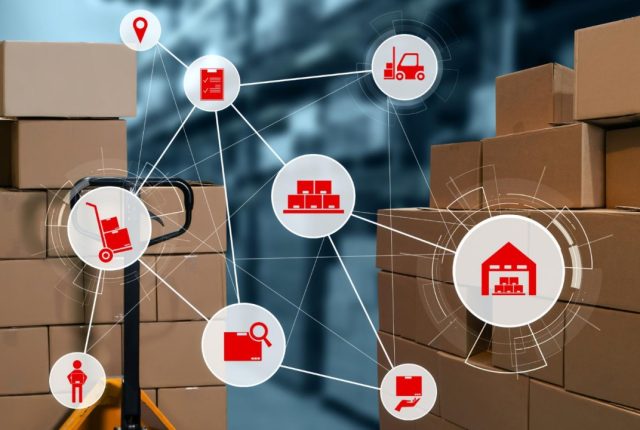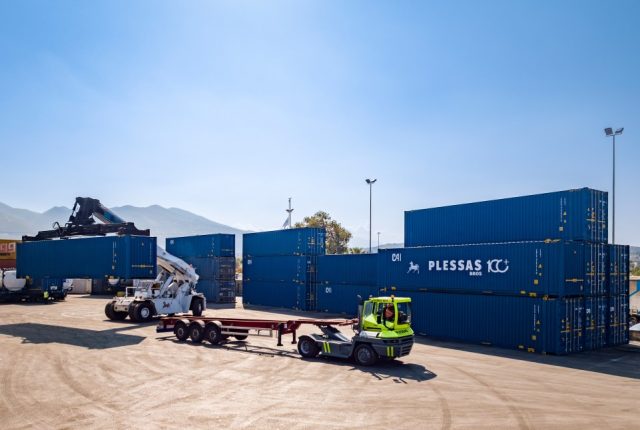
Beyond Horizons: Charting the Course for the Future of Transportation, Shipping, and Logistics.
The world of transportation, shipping, and logistics is undergoing a transformative evolution driven by technological advancements, environmental concerns, and the demand for more efficient and sustainable solutions. As we look ahead, it’s evident that the future of these industries will be shaped by innovations that not only streamline processes but also address the pressing challenges of our time.

Autonomous Vehicles and Drones.
One of the most significant shifts in transportation is the rise of autonomous vehicles and drones. Self-driving cars, trucks, and even ships are no longer confined to the realm of science fiction. Companies like Tesla, Waymo, and Uber are investing heavily in autonomous vehicle technology, promising increased safety, reduced traffic congestion, and improved fuel efficiency. Similarly, drones are set to revolutionize last-mile delivery, providing faster and more cost-effective shipping options.
Electric and Sustainable Transport.
With a growing emphasis on sustainability, the transportation and shipping industries are moving toward electric vehicles (EVs) and alternative fuels. Electric cars and trucks are becoming more commonplace, and major shipping companies are investing in electric and hybrid vessels to reduce their carbon footprint. The integration of renewable energy sources, such as solar and wind, is also being explored to power transportation infrastructures.
Hyperloop and Maglev Technologies.
The concept of high-speed transportation is evolving with technologies like Hyperloop and Maglev. Hyperloop, envisioned by Elon Musk, proposes a system of vacuum tubes through which pods can travel at incredibly high speeds, potentially revolutionizing long-distance travel. Magnetic levitation (Maglev) trains, which use magnetic fields to suspend and propel the train, are already in operation in some parts of the world, offering a glimpse into the future of rapid, efficient, and eco-friendly transportation.

Blockchain in Logistics.
Blockchain technology is making waves in logistics by enhancing transparency, security, and traceability in the supply chain. The decentralized and tamper-proof nature of blockchain ensures that every transaction, from manufacturing to delivery, is recorded and verifiable. This not only reduces the risk of fraud but also expedites the shipping process by minimizing paperwork and manual documentation.
Predictive Analytics and Artificial Intelligence.
The future of logistics lies in predictive analytics and artificial intelligence (AI). Machine learning algorithms can analyze vast amounts of data to predict demand, optimize routes, and prevent disruptions in the supply chain. AI-powered robotics are also playing a crucial role in warehouses, automating tasks such as sorting, packing, and even last-mile delivery.
3D Printing and On-Demand Manufacturing.
The advent of 3D printing is transforming traditional manufacturing and its associated logistics. With the ability to produce items on demand, close to their final destination, 3D printing reduces the need for extensive transportation of finished goods. This not only cuts down on shipping costs but also decreases the environmental impact of long-distance transport.
Space Exploration and Cargo Transport.
Looking even further ahead, the future of shipping may extend beyond Earth. As space exploration advances, the possibility of transporting cargo and resources between planets becomes a reality. Companies like SpaceX are already exploring the potential for interplanetary transport, which could open up new avenues for logistics on a cosmic scale.

Conclusion:
The future of transportation, shipping, and logistics is a fascinating landscape where technological innovation meets environmental responsibility. From autonomous vehicles and sustainable transport to blockchain and space exploration, the coming years promise a revolution in how goods are transported, manufactured, and delivered. As these advancements unfold, the industry will not only become more efficient but also contribute to a more sustainable and interconnected global economy.




